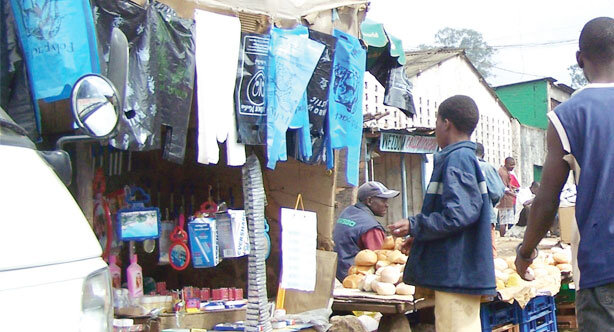
A seven-judge panel of the Malawi Supreme Court of Appeal yesterday ruled in favour of a Malawi Government ban on thin plastic bags.
Chief Justice Andrew Nyirenda led the panel of Justices of Appeal Anthony Kamanga, Anaclet Chipeta, Frank Kapanda, Edward Twea, Dunstan Mwaungulu and Rezine Mzikamanda in throwing out an appeal by companies which wanted the ban removed.
In 2015, Malawi banned production, distribution and importation of thin plastics of less than 60 microns as they decompose slowly posing a threat to the environment
However, Aero Plastics Industries Ltd, Rainbow Plastics and 12 other thin plastic manufacturing companies protested the ban.
The companies obtained an injunction saying the decision to ban thin plastics affected their rights to do business.
Last year, the High Court upheld the ban forcing the companies to file an appeal with Supreme Court to use plastic containers.
Following the Supreme Courts’ decision, companies found manufacturing plastics under 60 microns thick will face fines, closure of factories, and seizure of prohibited products.
“This means that we can now fully implement the ban and in the process protect our environment,” Ministry of Natural Resources, Energy and Mines spokesperson Sangwani Phiri said.
Jonny Vaughan, Chief Executive Officer of Lilongwe Wildlife Trust, described the ruling as a victory for people who a cleaner Malawi.
“Public, political, and scientific opinion has long been in consensus on the issue of thin plastics, and I am delighted that Malawi now joins a progressive international community standing up for their natural heritage,” Vaughan told the organisation’s website.
Recent research has shown that up to 75 000 metric tons of plastic papers are manufactured annually in Malawi of which 80 percent cannot be recycled.
There are concerns among experts that the plastics could lead to massive pollution affecting the country’s rivers and lakes.














